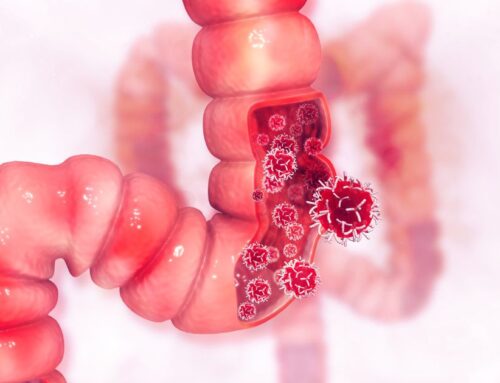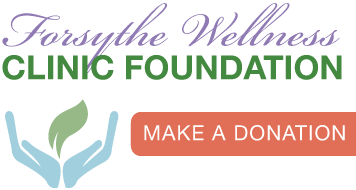Targeted Chemosensitivity testing (CST) Chemosensitivity testing on patients’ whole blood samples, to harvest circulating tumor cells (CTC), is one of the most important and successful tools used in my medical practice at the Century Wellness Clinic but literally unknown and undiscovered to most conventional medical oncologists. Extremely Hi-Tech genetic laboratories only available in Germany, Greece and South Korea do the testing. Special kits are available through my office for established in-patients only.
The principal procedures of these Hi-Tech labs are to harvest and identify the genetic make-up of cancer cells. The cancer cell can be broken down and decoded. The decoding gives rise to the tumors’ bio-markers or what genes the cancer cell carries. A tumor cell can have over hundreds of genes which determine what to use as treatment.
Once the bio-markers are discovered a medical blue-print is revealed, which helps define how the specific cancer cell can be eradicated. These blue-prints correspond to how various individual chemotherapies, hormonal agents and supplements are most effective in treating the pa¬tient’s specific cancer. It is not just going to show the effective agents for specific cancer types (example; colon cancers), but also those specific to the individual patient’s cancer genes-in other words- it is “tailor made”.
The Federal regulatory agents have been unconsciously slow in approving these tests to the detriment of effective cancer care. This delay has caused cancer patients need¬less pain and suffering. Cancer patients are given toxic drugs that do not work. If giving a patient a cancer drug that does not work, that patient is being given a poison. The same is not true of supplements, which may benefit the cardiovascular system or the immune system or the general health of a cancer patient. However, why should any patient use the time to use drugs that are ineffective and the money to use 50 supplements per day when they can pinpoint the 8 or 16 that are most effective?
The information derived from this testing is invaluable and serves as stated earlier, a “blue-print” or “road map” the patient will have for any future treatments. In es¬sence, is his or her “molecular fingerprint”. Conventional medical oncologists base their decision on which drugs or protocols to use on the latest successful clinical studies, none of which ever yield 100% results. Therefore, there will always be from 20-60% of patients who do not re¬spond. Of course, they never even hint at the use of can¬cer supplements to aide a patient’s immune system.
“Remember without specific knowledge of the genetic markers for specific tumors to guide them in composing an effective chemotherapy protocol, each medical oncologist is truly shooting in the dark!” With these results in hand, it is then up to the patient, their family and physician to opt for full-dose, fraction¬ated dose or low-dose chemotherapy with insulin potenti¬ated therapy. Most of our patients have tried full-dose chemotherapy and are reluctant and fearful to try it again, even with the right drugs. The option of low-dose, non-toxic che¬motherapy with Insulin Potentiated Therapy (LDIPT) is powerful, especially when we have seen 99% improve¬ment within a few months on this program. Fractionated low-dose chemotherapy is the method by which a chemo¬therapy agent is given once or twice weekly in smaller doses rather than a large dose every 2-3 weeks.





